Description
The purpose of this proposal is to develop an iPad and iPhone application on Self-Determination and the Prevention of Sexual Abuse. This app will be designed for use by persons with disabilities, family members, and care providers. These apps will be available and accessible to people that receive support from the Missouri DMH/DDD, as well as individuals in the community at large. Self-determination promotes the ability of individuals to make choices and decisions about their lives based on personal preferences and interests. This skill set is critical in the prevention of sexual abuse. In the population in general, girls have a one in four chance of being raped or abused by the time they turn 18, and boys have a one in five chance. The probability of persons with disabilities is estimated to be four times higher – about an 80% chance. Self-determination is the foundation of a framework to guide persons with disabilities, family members, or service providers on how to best self-regulate and solve problems that put them at risk.
In addition, the use of iPads and iPhones to facilitate training for persons with disabilities and/or their care providers is increasingly being found to be an effective medium. With the use of video, user-friendly audio, and written prompts, individuals with disabilities have addressed health issues, career choices, and employment preparation issues.
- Project Contact –
- Project Period – 2013-2015
- Project Funding – $70,000
- Funding Source – Missouri Division of Developmental Disabilities, Missouri Developmental Disabilities Council, private funders
Core Functions
Applied Research
This app is grounded in a research-to-practice theoretical framework for self-determination. The app will be field tested prior to dissemination and an evaluation framework will be used to evaluate the effectiveness of this app. The material itself will be presented in ‘competency based instruction,’ with opportunities for the user to test their understanding of the material.
Community Services and Supports
This product will be used throughout Missouri communities, by individuals, family members, service providers, and professionals.
Information Dissemination
The app will be available free of charge to anyone who wants to use it. It will also be available through the IHD website.
Consumer and Community Involvement
This project has an advisory board consisting of members from state agencies, self-advocates, and community professionals, including experts from local agencies.
Program Need
This app is predicated on the belief that we all can effect change in our lives. By becoming more educated about the issues, and by thinking through possible unsafe situations in advance, we can depend on ourselves and have a better chance of controlling what’s happening to us. For individuals that have suffered abuse, the app provides resources and recommendations to help the individual move from being a victim to a survivor. Users will learn that abuse does not have to define the rest of their lives.
Significant Outcomes
This app addresses a critical need for people with disabilities. By working through the app, individuals will gain a better understanding of self-determination and abuse and will create their own safety plan. While this app is not a solution to abuse, it provides the user with a very strong knowledge base.
This app will be in three parts.
Part One
Part One material provides important introductory material, including how to use the app, self-determination basics, why this app is important and how it will help you live a safe life.
Part Two
In Part Two the user will learn about abuse, about healthy and unhealthy relationships, and about how to make decisions. The material in this section is from the ESCAPE-DD Curriculum, An Effective Strategy-Based Curriculum for Abuse Prevention and Empowerment for Adults with Developmental Disabilities.
Written by Ishita Khemka (Long Island University) and Linda Hickson (Columbia University) with contributions by Harriet Golden and Aikaterini Chatzistyli (AHRC New York City) and Carment Collado, Lisa Dille, and Gillian Reynolds (Columbia University).
Part Three
Part Three consists of users creating their own personal safety plan to help them be strong and safe. Material also includes how to respond if abuse does happen to you.
Institute’s Role
IHD staff are coordinating the development of the entire project.
Products
- iPad and iPhone Application
- Training and dissemination materials


